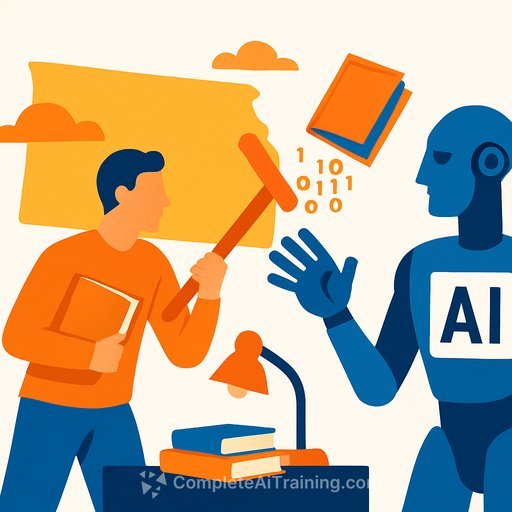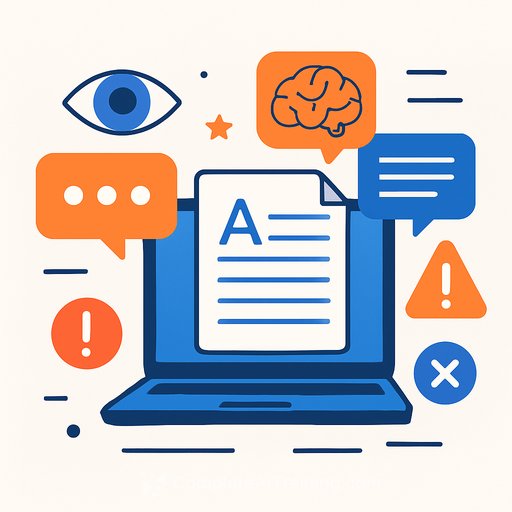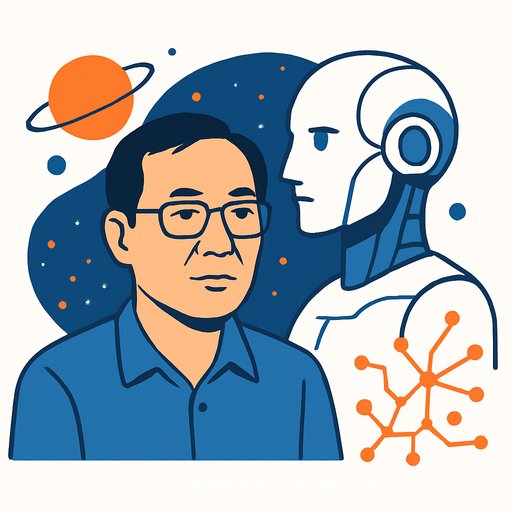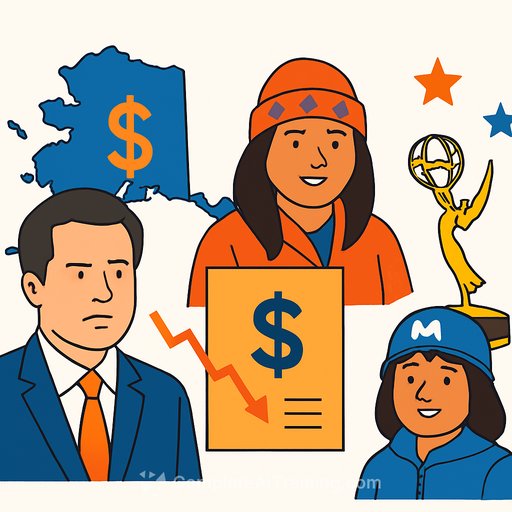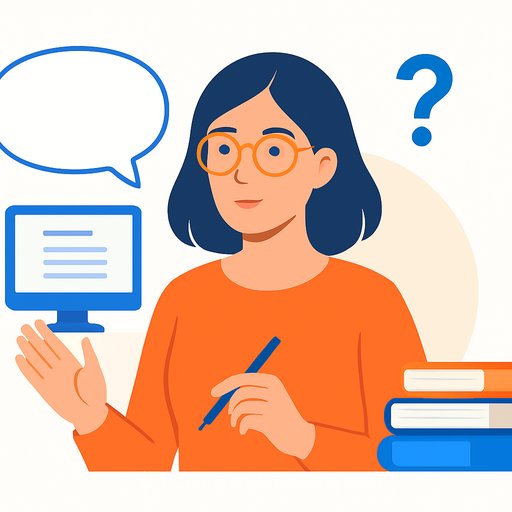AI won't replace great writers-but it can gut the business that pays them
Short attention spans aren't the threat to your career. AI is.
The UK publishing industry is worth billions. While we were busy writing, big tech scraped vast amounts of copyrighted work to train models-without clear permission, payment, or transparency. A few high-profile settlements won't put the genie back in the bottle. If we don't set rules, the economics that support authors disappear.
What makes writing human
Good writing isn't a remix. It's the product of a life lived, memory, pain, patterns noticed over years, and the practice of shaping all that into meaning.
Think of writers who turned personal history into work that feels true. John le Carré's childhood of betrayal and his Cold War experience shaped every page he wrote. Craft like that doesn't come from a dataset.
Where AI can help-on your terms
AI isn't the enemy when it's used transparently and with consent. Examples:
- Film reshoots where an actor authorises limited use of existing footage to finish a scene.
- Writers speeding up research with their own private tools and guardrails.
- High-quality translation models expanding access to foreign works.
The line: consent, attribution, and clarity to the end user. No silent scraping. No shadow training. No deception at retail.
The Charter: two principles to protect writers
- Permission: No training on an author's work without explicit, informed opt-in. Not buried checkboxes. Clear, revocable consent.
- Attribution: Public, auditable disclosure of sources used to train or tune a system. Make it possible for rightsholders to see if their work was used.
Further rules that follow from those principles:
- Opt-out and withdrawal: Creators can opt out at any time. If a system distorts a work beyond recognition or harms its value, permission can be withdrawn.
- Retail labels: Mandatory labels for AI-generated or AI-heavy works-like GM food labels. No stealth AI on bookstore shelves or platforms.
- Reinforce copyright: Governments must update and enforce copyright for training and synthetic distribution. Don't let "fair use" or similar exceptions be stretched to cover mass ingestion of books for commercial AI training. See: Fair use basics and UK exceptions to copyright.
- Global alignment: Aim for a G7-level copyright pact so rules aren't dodged by jurisdiction shopping.
What writers can do right now
- Update your contracts: Add clauses that prohibit training on your work without explicit, paid licences. Require attribution and dataset disclosure from licensees.
- Set your public policy: Put a clear "No AI training without permission" statement on your site and newsletters. Tell your agent and publisher your stance.
- Pressure retailers: Ask stores and platforms to add AI-use labels and to verify provenance. Readers deserve to know what they're buying.
- Use AI with intent: If you use tools, keep them narrow: research summaries, language checks, translation comparisons. Don't outsource voice or core ideas.
- Organise: Join writer groups to lobby for opt-in laws, dataset transparency, and fair licensing. A single clause in one major retailer's policy can protect thousands of authors.
The industry checklist
- Publishers and studios: No silent ingestion. License or leave it. Disclose datasets. Label AI use in products.
- Platforms: Block unlabelled AI uploads. Watermark synthetic content. Provide rights-holder portals for takedowns and audit logs.
- Policymakers: Make consent the default. Enforce penalties for undisclosed training. Fund provenance standards and open audits.
Why this matters
This isn't about resisting tools. It's about defending the craft and the economy that funds it. If training and distribution go unregulated, we'll get floods of synthetic books that look "good enough," choke discovery, and drag down author income.
A few simple rules-permission, attribution, labels, and real copyright-will decide how our kids learn, which stories define a nation, and who gets paid to tell the truth.
Want practical, ethical workflows?
If you're exploring AI without sacrificing your voice or rights, here's a curated starting point for writers: AI tools for copywriting.
Your membership also unlocks:

